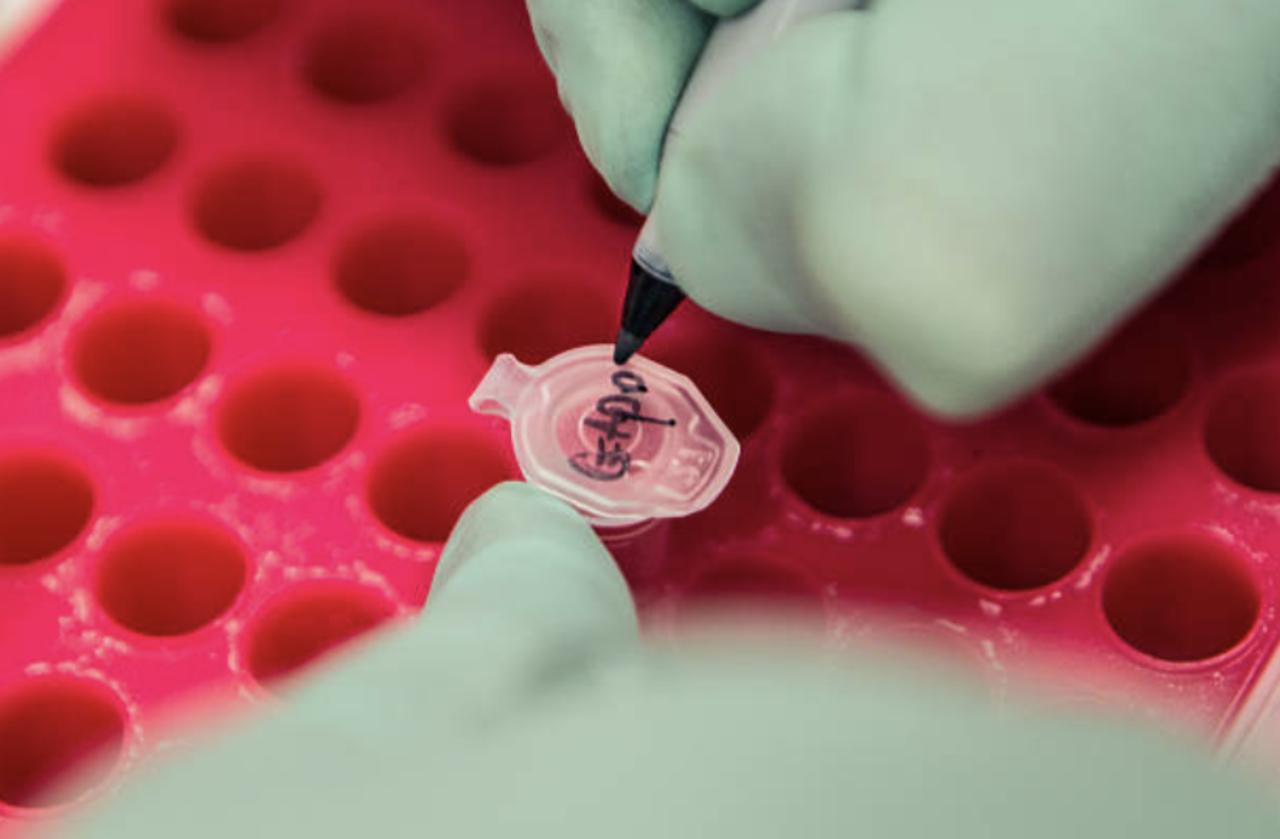
Rate of Scientific Breakthroughs , Has Slowed, , New Study Finds.
The study was conducted by researchers at the University of Minnesota and published in a recent volume of the journal 'Nature.'.
Considering 45 million scientific papers published from 1945 to 2010.
... it found that the "disruptiveness score" of these papers has declined over time.
The paper describes "disruptiveness" as ideas that "push the whole scientific field into new territory.".
[This is the first study that ] emphatically, convincingly documents this decline of disruptiveness across all major fields of science and technology, Michael Park, Lead Study Author, via Phys.org.
The declines are pretty consistent in their speeds and timing across all major fields, Michael Park, Lead Study Author, via Phys.org.
... leading them to just come up with something more consolidating rather than disruptive, Michael Park, Lead Study Author, via Phys.org.
Study authors say that significant changes in research likely have contributed to the shift.
The nature of research is shifting, Russell Funk, Senior Study Author, via Phys.org.
[Researchers and scientists] focus on a narrow slice of the existing knowledge, Michael Park, Lead Study Author, via Phys.org.
The authors also stated that academics are often "forced to slice up their papers" to bump up their publications.
According to the research, this may lead to "a dulling of research.".
Despite the findings, study authors say humans continue to make significant scientific progress.
We're not getting any less innovative as a species, Michael Park, Lead Study Author, via Phys.org
